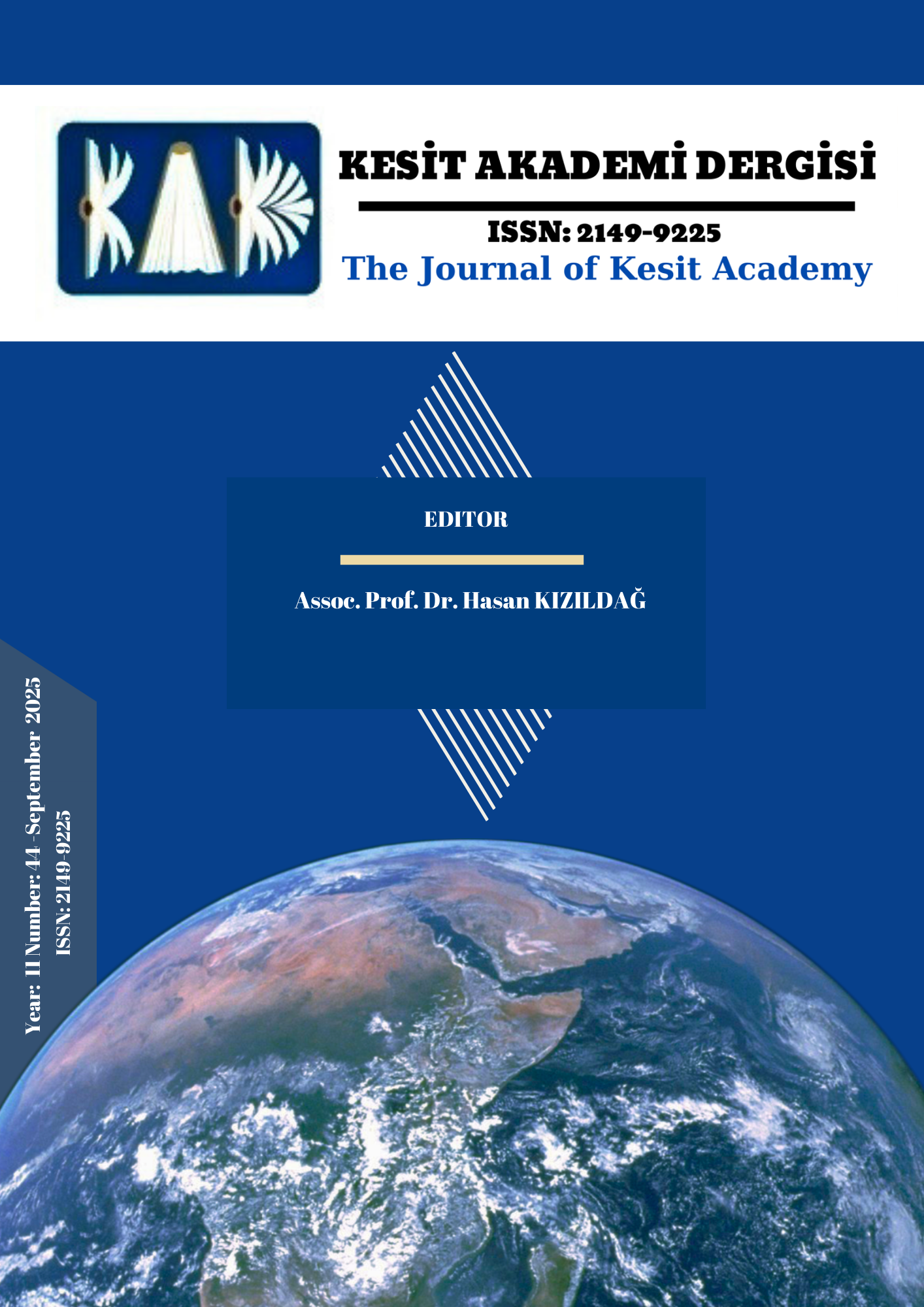Author :
Abstract
Sürdürülebilirlik kavramı; İlk kez yıl 1987 de Dünya Çevre ve Kalkınma Komisyonu’nun yayınladığı “Ortak Geleceğimiz” raporunda, yaşadığımız ekosistemin, bozulmadan, aşırı kullanımla tüketilmeden ve ana kaynaklara aşırı yüklenilmeden sürdürülebilmesi yetkinliği şeklinde ifade edildi. Sürdürülebilir kalkınmanın, sıklıkla üç boyutu olduğu ifade edilir. Bunlar; ekonomik sürdürülebilirlik , sosyal sürdürülebilirlik ve çevresel sürdürebilirliktir. Sürdürülebilirlik, genellikle çevresel uygulamalarla ilişkilendirilen bir terimdir. Spor organizasyonları çevre üzerinde derin etkiler oluşturmaktadır. Aynı şekilde çevrede spor faaliyetlerini önemli ölçüde etkilemektedir. Spor ve çevre arasındaki bu ilişki karşılıklı etkileşim çerçevesinde ele alınmalı ve spor faaliyetleri çevresel faktörlerden etkilenirken, aynı zamanda ekosistem üzerinde de dönüşümsel etkiler yarattığı göz önünde bulundurulmalıdır (McCullough, Orr ve Kellison, 2020). Spor organizasyonların çevresel bozulmaya yol açtığı kabul edilmektedir. Bu durum, günümüzde spor organizasyonları için çevresel sürdürülebilirliğin önemini ve uygulanmasının bir zorunluluk olduğu gerçeğini ortaya koymaktadır. Olimpiyat oyunları bağlamında sürdürülebilirliğin daha çok çevre konusuna odaklanıldığı görünüyor. Bundan dolayı bu araştırmamızda sürdürülebilir kalkınmanın spor ile ilişkisini, “çevre” boyutunda sınırlandırdık. Özellikle Olimpiyat etkinliklerinde sürdürülebilirliğin ne derece gelişime uğradığını değerlendirilmeye yönelik yapılan bir çalışma oluşturuldu. Bu çalışma, “Olimpiyat Oyunlarında Sürdürülebilirlik” başlığı altında literatür taraması ile oluşturulan bir alan yazındır. Spor organizasyonlarının yol açtığı riskleri azaltmak ve oluşturduğu kaynak kullanımını minimuma indirebilmek için sürdürülebilir bir gelecek inşa edilmelidir. Bu sorumluluk ile bir çalışmanın daha farkındalık oluşturarak literatüre kazandırılmasını amaçlamaktayız.
Keywords
Abstract
The concept of sustainability was first articulated in 1987 in the “Our Common Future” report published by the World Commission on Environment and Development as the ability to sustain the ecosystem we live in without depleting it, without over-exploiting it, and without over-exploiting key resources. Sustainable development is often stated to have three dimensions. These are economic sustainability, social sustainability and environmental sustainability. Sustainability is a term often associated with environmental practices. Sport organizations have a profound impact on the environment. Likewise, the environment significantly influences sports activities. This relationship between sport and the environment should be considered within the framework of mutual interaction and it should be taken into account that while sport activities are affected by environmental factors, they also create transformational effects on the ecosystem (McCullough, Orr, & Kellison, 2020). It is accepted that sport organizations lead to environmental degradation. This situation reveals the importance of environmental sustainability for sports organizations today and the fact that its implementation is a necessity. In the context of the Olympic Games, sustainability seems to focus more on the environment. Therefore, in this research, we have limited the relationship of sustainable development with sport to the “environment” dimension. In particular, we have tried to evaluate the extent to which sustainability has been developed in Olympic events. This study is a literature review under the title "Sustainability in the Olympic Games." A sustainable future must be built to mitigate the risks posed by sports organizations and minimize their resource consumption. With this responsibility, we aim to raise awareness and contribute another study to the literature.





